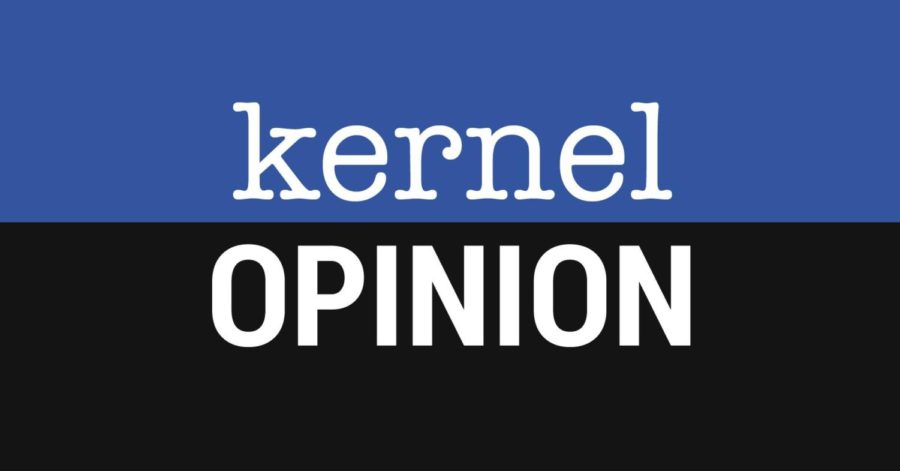The guy problem: women deserve respect
August 7, 2018
I couldn’t wait to begin my fourth journalism internship. To be a respected female journalist in a loving community.
I think I juxtaposed “female” and “respected” prematurely.
On one of my first assignments this summer, I approached an elderly man to request an interview. I was live on a scene and was approaching pretty much everyone. He proceeded to stare me up and down for a moment before he agreed to speak with me because “you’re lookin’ fine today, girl.”
Shocked, I stared at him for a moment before regaining my composure. Throughout the course of the interview, he made several other comments about my outfit, my legs, my whole body—as if my questions were irrelevant and I was on the scene merely for his visual pleasure. What I could not get over was the burning question in my mind: “This has what, exactly, to do with this interview, this topic or my professional capacity as a reporter on this scene?” And did he just call me “girl?”
It’s 2018. Yet, women still struggle every day for recognition as professionals in what is still, sadly, a man’s world. Yes, we can now go to school beside men, can compete for jobs beside men, can run for office beside men. But, we still need, in some twisted way, their approval to be successful. We need the look in their eyes that says we’re hot enough, we meet their standards, we may now proceed with our jobs.
Female broadcast journalists wear a lot of makeup, look young, smile. Male broadcast journalists are seen on TV sporting silver in their hair and somber expressions. The men are praised for being somber; women are praised when they smile and giggle.
Everywhere we look women are being forced and compelled to seek society’s approval, not based on the quality of their work but on the beauty in their appearance.
It shouldn’t be up to women to change this aspect of society, to prove to the world we are human beings or to teach the men in our lives to be decent human beings and respect our boundaries.
Yet, we find ourselves seeking solutions on what we can do differently. The burden of saying “no” to an unwelcome advance should not be on the recipient. But, that’s the first thing people ask. “Did you tell him to stop?” “Did you say no?”
Yes, but we shouldn’t have to. A friend of mine recently pointed out that women are gifted equally with the asset of language, and we should use it to voice our distaste of unwelcome advances. Though I cannot wholeheartedly disagree with this, I challenge it with this: doesn’t that mindset make excuses for the person making the advance? Doesn’t it indicate that we are always available unless otherwise stated?
We keep doing this. We keep making excuses for the men who harass us. We keep looking for ways to change what we’re doing instead of holding them accountable for their actions. We keep feeling guilty for “making a scene,” “making it a big deal” or “overreacting.”
Instead, let’s look for ways to put these perpetrators in their places. Let’s shamelessly point out our worth and professional value. Wherever we are, we belong there. Let’s never apologize for that.































































































































































